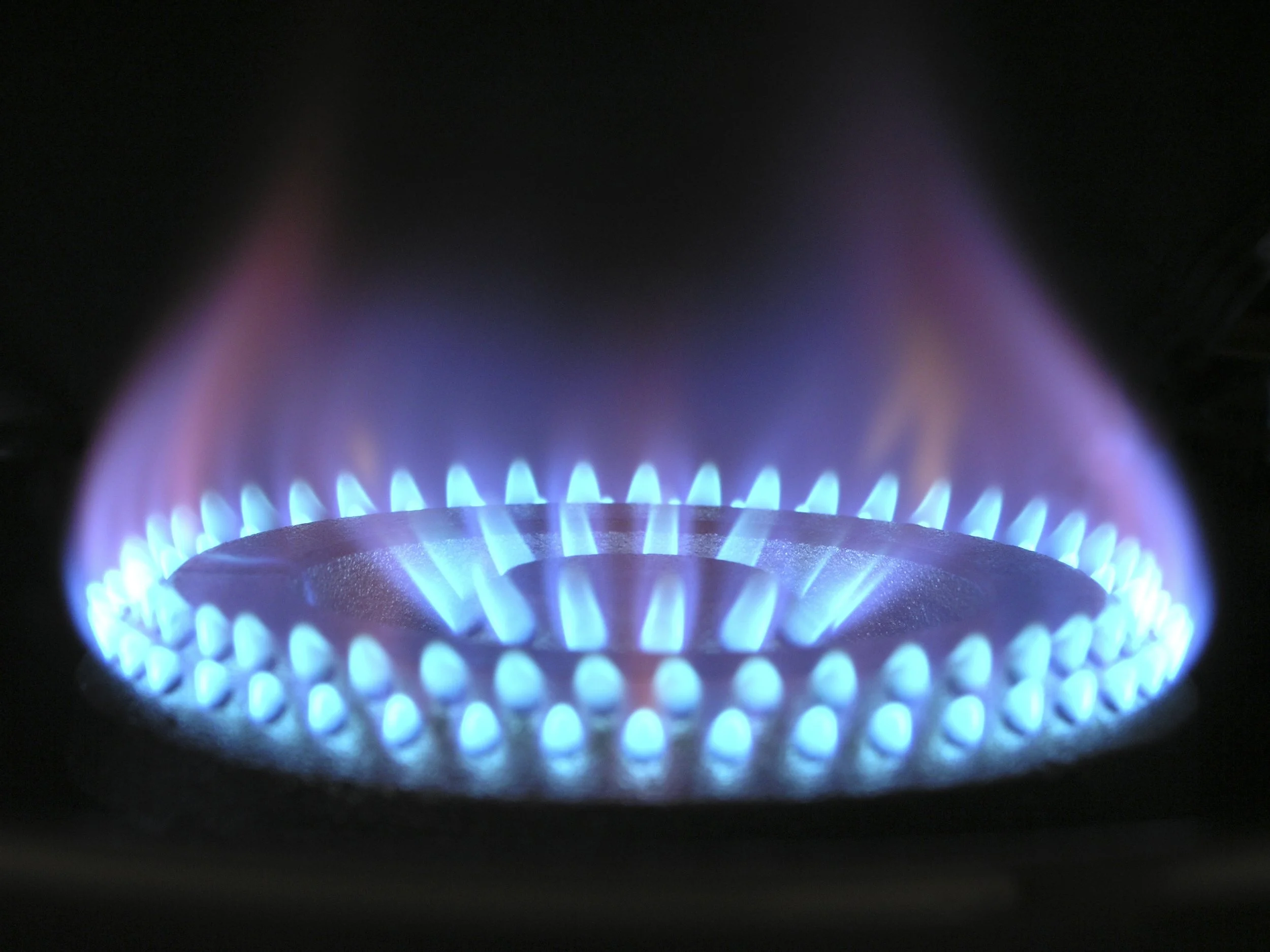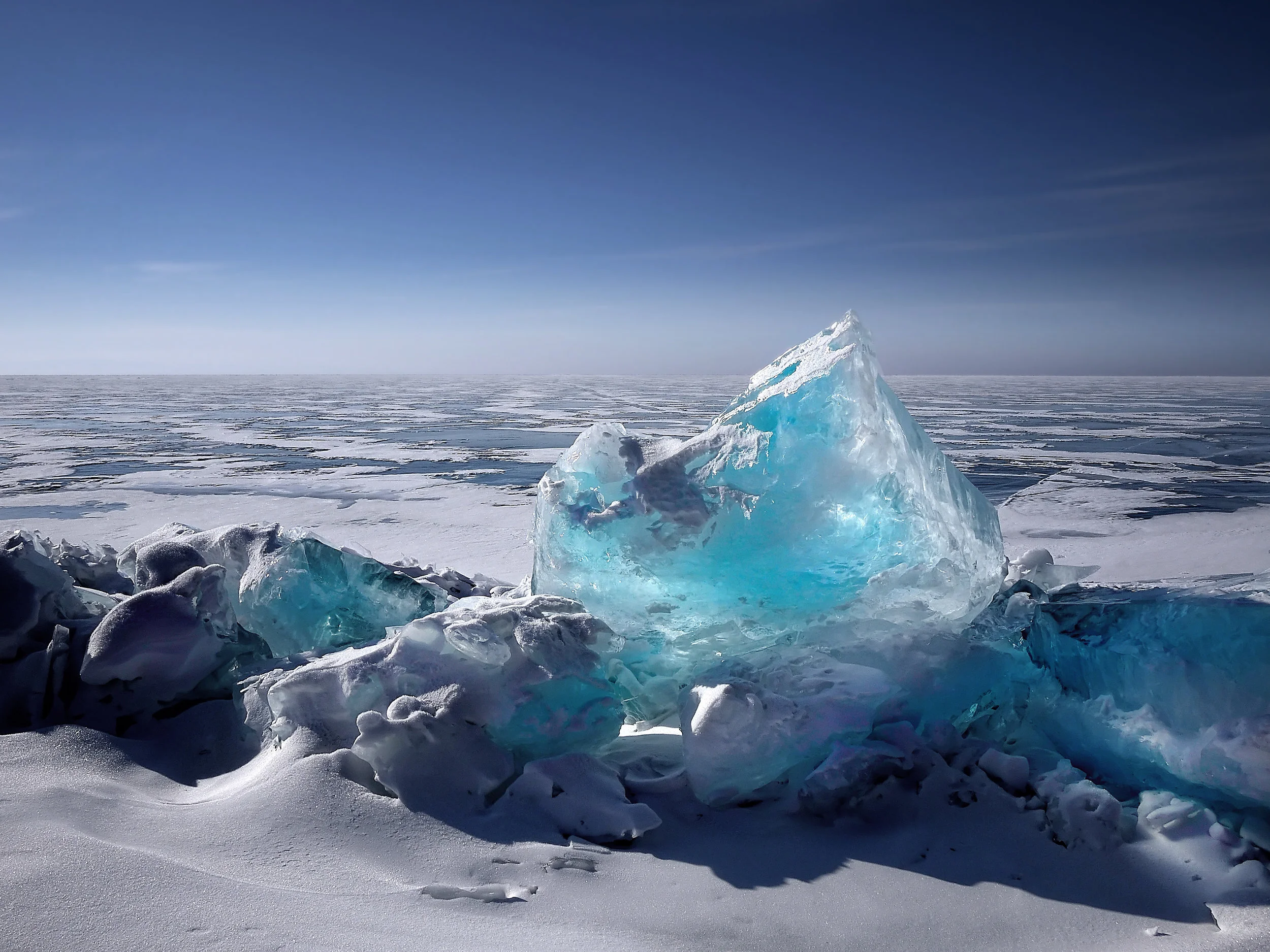In our Feb. 20th post, "COLD SNAP: NEW ENGLAND DOESN’T NEED MORE NATURAL GAS," we argued against adding more pipeline for natural gas, despite the severe storms and temperatures we have been seeing in New England. To take the idea a step further, we explored the idea of "electrification." Read on to see our case for this gas-less option.
Cold Snap: New England Doesn’t Need More Natural Gas
Update on CoP23: “We Are Still In”
You may have heard the news today that Trump has started waffling on his stance on whether the U.S. should participate in the Paris Agreement. We decided to take a look at the most recent United Nations' CoP (Conference of the Parties) and what individual groups (i.e. not the federal government) are doing in the U.S. to meet the Paris Agreement's goals.
Are Climate Damages Immeasurably Bad?
FERC Says "Nope" to Perry's NOPR
Last September Energy Secretary Rick Perry proposed new regulations that would have forced ratepayers to pay more to prop up the fading coal industry. FERC released its decision on NOPR last week and unanimously rejected Perry's proposal! Read on to learn more about FERC's decision to say no and why coal isn't the answer.
Voting with Forks
The World’s Largest Battery Goes Live
Recent Gubernatorial Elections Set New Jersey and Virginia on a Green Path
Why Not Give Solar Stills A Shot?
It’s been 2 months since Hurricane Maria hit Puerto Rico and access to water remains an enormous issue. A simple technology that has been around for ages can create potable water and should be incorporated into federal and municipal resiliency plans. Puerto Rico would be the ideal place to start testing it out.












